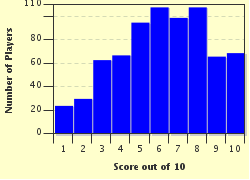Quiz Answer Key and Fun Facts
1. The first word in this quiz is one you might hear on the golf course when a player is about to tee off.
Although the answers here are just the word or phrase, they seem to fit better when you mentally add an exclamation point!
2. This word may be heard in the forest, when a logger has finished his work and a tree is about to fall.
3. This word of warning may be the best known and perhaps scariest of all. It should never be used in jest, especially in a crowded environment.
4. This one is a little less known, but used before an explosion or demolition.
5. This warning is used when something might be falling from above, such as a foul ball.
6. In battle, this may be the most chilling and instantly reacted-to warning.
7. This seemingly calendar-based word is one for distress or imminent catastrophe.
8. This somewhat sexist phrase is more of an alert than a warning. The potential for a bad outcome increases with the size of the ship and the severity of the seas.
9. The next command is also nautical in origin and means "Clear a path!"
10. Another word, from a man's name, is more of an announcement than a warning, though a paratrooper might yell it with some alarm.
Source: Author
scalar
This quiz was reviewed by FunTrivia editor
agony before going online.
Any errors found in FunTrivia content are routinely corrected through our feedback system.

